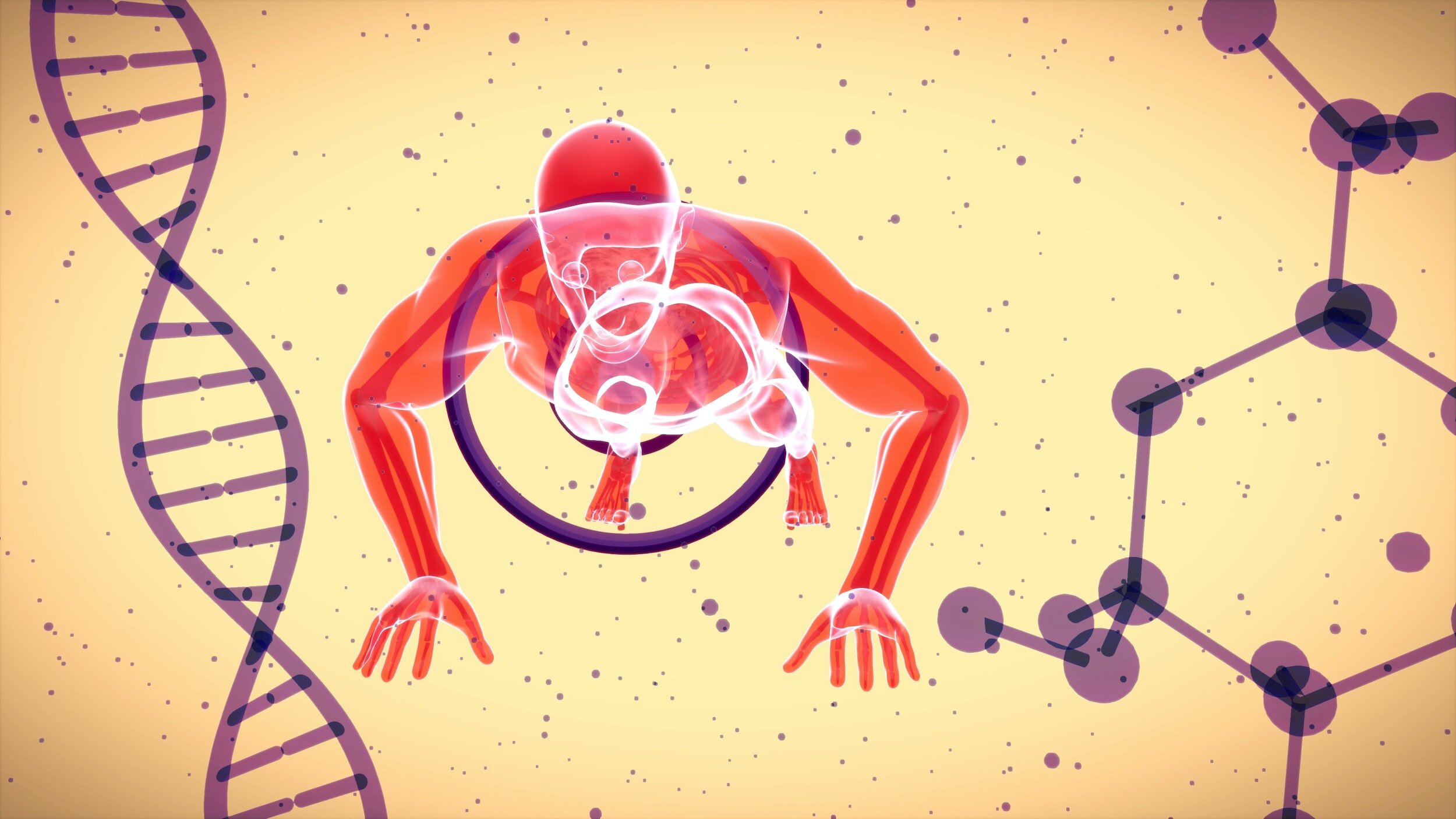Can You Tailor Your Diet To Your DNA?
Should you try to match your macros to your genetics?
In the realm of dietary science, a recent study has shed light on an intriguing question: does our genetic makeup influence how we respond to different diets? This study provides valuable insights, especially for those seeking to optimize their dietary choices based on personal genetics.
The Study at a Glance
The study in question involved 122 participants, categorized based on their genetic predisposition towards processing fats and carbohydrates. Dubbed "fat responders" and "carb responders," these individuals embarked on a 12-week dietary program. The diets were not extreme; the "higher-fat" diet consisted of 40% fat, 45% carbs, and 15% protein, while the "higher-carb" diet included 65% carbs, 20% fat, and 15% protein.
Interestingly, the study debunked the hypothesis that aligning diet with genetic predisposition significantly impacts weight loss. Participants lost similar amounts of weight regardless of whether their diet matched their genetic profile. This revelation challenges the concept of "genotype-concordant" diets being superior for weight loss.
No surprise there.
Key Findings
1. **Genotype Alignment Doesn't Guarantee Better Results**: The study found that the alignment of diet with genotype did not lead to significantly different weight loss outcomes. This undermines the idea that a one-size-fits-all genetic approach can determine the optimal diet for weight loss.
2. **Cravings and Appetite**: An intriguing aspect of the study was that carb responders on a higher-fat diet experienced fewer cravings for carbohydrates. This suggests that diet-genotype alignment might influence factors like cravings and appetite, although more research is needed in this area.
3. **Bloodwork and Health Markers**: Changes in health markers such as blood pressure and insulin response were not significantly different between genotype-aligned and misaligned groups, indicating that other factors might play a more crucial role in these areas.
Beyond Genetics: A Holistic Approach to Nutrition
While genetics can offer some insights, they are just one piece of the puzzle in nutritional planning. Other factors, such as personal preferences, cultural influences, lifestyle, stress levels, and sleep quality, play a substantial role in determining the success of a dietary approach. True "precision nutrition" involves considering these multifaceted aspects to create a sustainable and enjoyable eating plan.
Implications for Dietary Choices
This study serves as a reminder that the search for the perfect diet may be more nuanced than simply looking at our genetic makeup. It encourages a more personalized approach to nutrition, taking into account the complex interplay of genetics, lifestyle, and personal preferences.
Conclusion
In conclusion, this study provides valuable insights into the relationship between genetics and dietary response. While it challenges the notion of a universally effective genotype-based diet, it also opens the door for more personalized and holistic approaches to nutrition. Understanding that our response to diets is influenced by a myriad of factors, not just our genes, can empower individuals to make more informed and tailored dietary choices.
Resources
Höchsmann C, Yang S, Ordovás JM, Dorling JL, Champagne CM, Apolzan JW, et al. The Personalized Nutrition Study (POINTS): evaluation of a genetically informed weight loss approach, a Randomized Clinical Trial. Nat Commun. 2023 Oct 9;14(1):6321.



